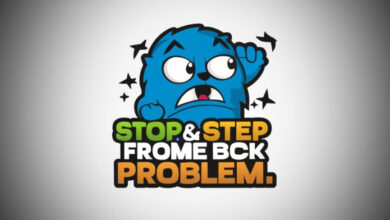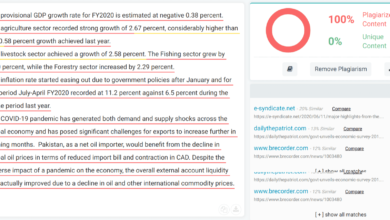Why Learning to Unlearn is the most powerful student skill?
In an era when information is readily available, and change is constant, unlearning has become as crucial as learning. For students, this skill is not simply about unlearning outdated information but also about releasing remnants of old habits, beliefs, and strategies to create space for growth. Let’s dive into why unlearning could just be the academic superpower that most students neglect.
Table of Contents
Unlearning Study Habits You Have Outgrown
Many students resort to the same study patterns from semester to semester- underlining notes, re-reading chapters or pulling all-nighters. However, not all techniques age well. What worked in high school might not work in the university. The real challenge? Acknowledge that those methods don’t work anymore and be bold enough to unlearn them.
For instance, certain students presume that only prolonged and intense periods of study in isolated settings can be productive. However, campus environments have changed over the past few years. A surprising number of students now report better focus in communal settings with light noise and convenient breaks, and group areas equipped with vending machine hire, coffee stations, or collaborative tables. Unlearning the concept that studying should be a silent, solitary activity, students can learn to accept more vibrant, real-world settings that coincide with their body’s inherent rhythms.

Reworking What Education Should Look Like
From childhood, students are conditioned to think learning goes in a straight line: go to class and memorize content, take exams, and move forward. However, in actuality, true learning is not linear. It entails revisiting topics, challenging assumptions, and, at times, beginning afresh.
This is particularly evident when one discusses early education systems. For instance, modern preschool models often prioritize exploration, creativity, and emotional intelligence over rote memorization. It is ironic that the older students must ‘unlearn’ this rigidity they are taught later at school to return to a flexible, curious mindset. The students who will succeed in the long run are those who are able to unlearn the practice of constantly having the “right answer” and instead embrace asking better questions.
Behind Labels: To Find Real Strengths
Whether good at math or not, whether labeled a “math person” or “bad at writing,” students internalize labels, whether practical and assigned by others or chosen by self, which define their self-image. It is difficult but crucial to unlearn these identities. A person who thinks they’re bad at science might never discover their talent in research or critical thinking. Removing that label allows new academic paths.
Read More: Approaches of Public Administration
Un-teaching Perfectionism to Accept Real Progress
Many students embrace the idea that in order to be academically successful they must be perfect- to score top marks, to submit polished work, and to have perfect routines. Nevertheless, perfectionism inevitably results in procrastination and stress, as well as an all-consuming fear of failure. Real growth is when students begin undoing the belief that everything must be perfect from the onset.
A change of emphasis from perfection to persistent improvement empowers students to embrace learning activity without undue pressure. Turning in a half-baked draft, embracing open conversations even in the absence of all the answers, or earning average marks in challenging subjects are all normal steps of the learning process. Breaking away from perfectionism empowers students to develop resilience and continue their learning without burnout.
Final Thoughts!
Unlearning is not the same thing as forgetting everything you know. It’s making way for something better. It’s a continual process of assessing what no longer works, being open to change, and giving yourself permission to evolve in ways that you might have never expected. After all, it is the students who adapt, not just memorize, who excel beyond the classroom.



